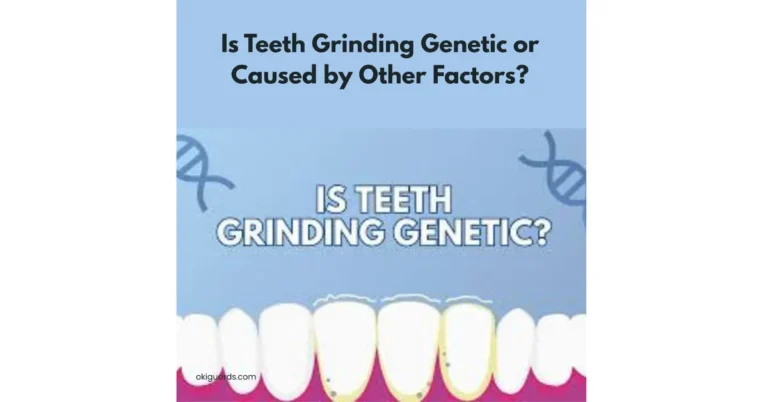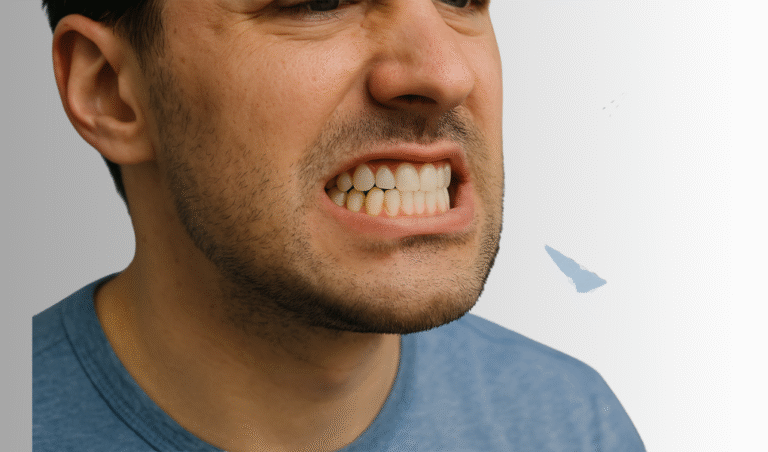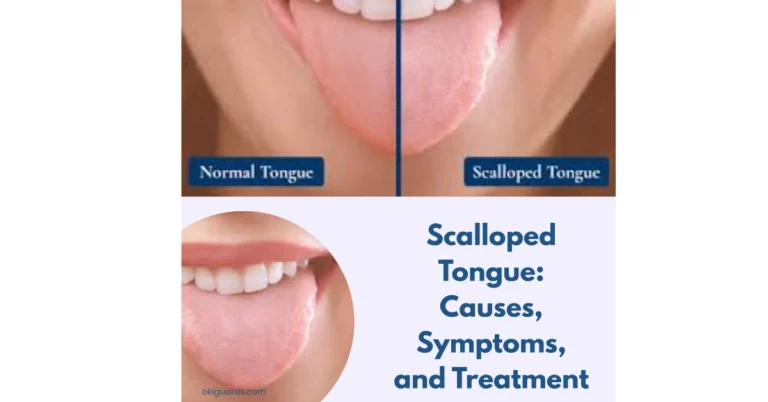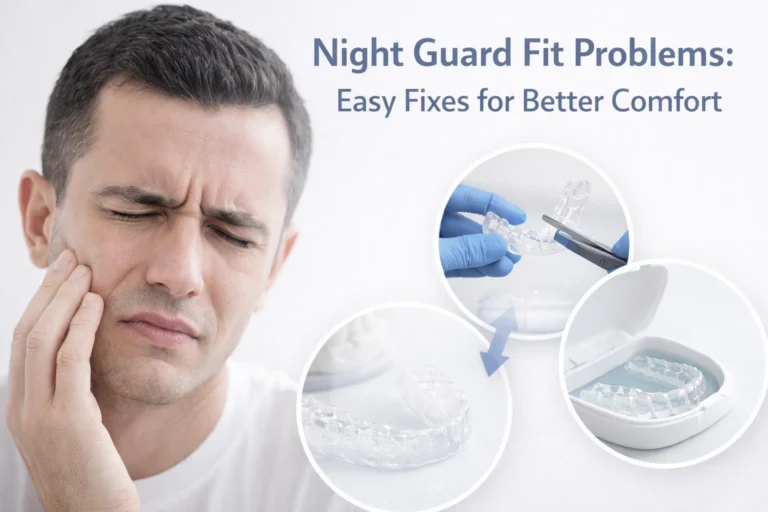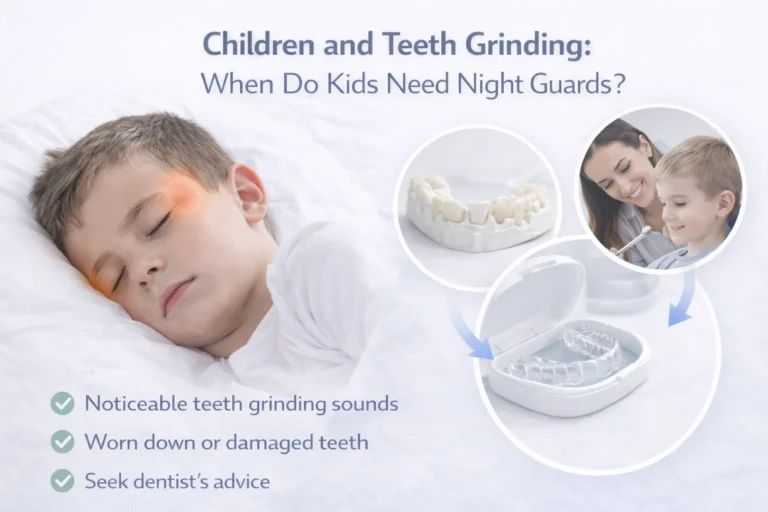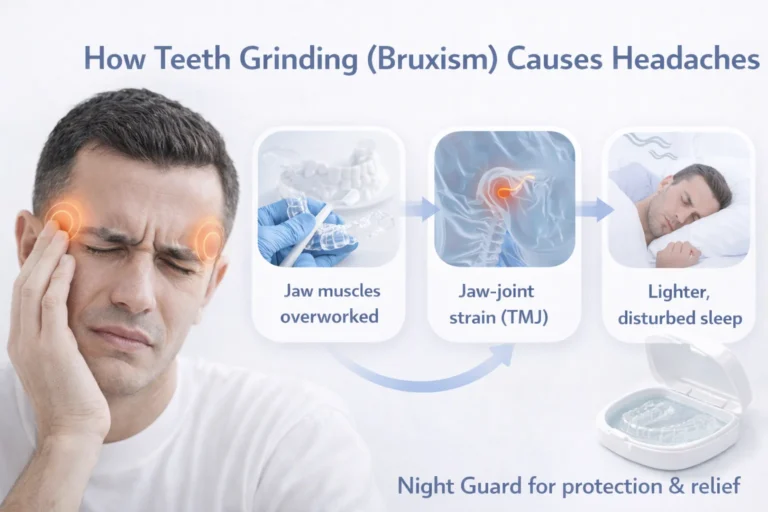How MDMA Causes Teeth Grinding and What You Can Do About It?
MDMA, commonly known as ecstasy, is a popular recreational drug that can cause various physical side effects, including MDMA teeth grinding. This involuntary clenching or grinding of teeth is one of the most common reactions to MDMA use, and it often happens without the user even realizing it. The drug increases serotonin levels in the brain, leading to increased sensations and emotional experiences, which can contribute to muscle tension, particularly in the jaw.
MDMA teeth grinding can have serious long-term effects on your dental health. It can wear down tooth enamel, cause jaw pain, and lead to temporomandibular joint (TMJ) disorders. However, there are ways to protect your teeth from this damaging side effect. Strategies such as using a mouthguard, staying hydrated, and reducing MDMA consumption can help minimize the risk of bruxism. In this article, we will delve into the causes of MDMA-induced teeth grinding and offer tips on how to maintain better oral health.
What Is MDMA?
MDMA, or 3,4-methylenedioxymethamphetamine, is a synthetic drug that is commonly used recreationally for its stimulating and euphoric effects. Known for enhancing sensory experiences and emotional connection, it is often consumed in pill or powder form. While many users enjoy its effects, MDMA can also lead to adverse physical side effects, including MDMA teeth grinding. This occurs due to its impact on serotonin levels, which can increase muscle tension and cause involuntary jaw clenching.
MDMA and Bruxism: The Connection
MDMA use can lead to a variety of physical effects, one of which is MDMA teeth grinding. This condition, known as bruxism, occurs when individuals unconsciously grind or clench their teeth, often during or after MDMA consumption. Understanding the connection between MDMA and bruxism is essential for preventing potential oral health issues. Below, we will break down the relationship between MDMA and teeth grinding.
Key Points on MDMA and Bruxism Connection:
- Serotonin Increase: MDMA boosts serotonin levels in the brain, which can lead to muscle tension, including in the jaw.
- Involuntary Clenching: As serotonin levels rise, the body may react with involuntary teeth clenching or grinding, a hallmark of bruxism.
- Heightened Sensory Experience: MDMA enhances sensory perception, which can contribute to emotional and physical tension, promoting bruxism.
- Duration of Effects: Teeth grinding from MDMA can last for hours, often continuing long after the drug’s effects have worn off.
- Impact on Jaw and Teeth: Continuous grinding can lead to jaw pain, tooth enamel wear, and other dental problems.
The Impact of Teeth Grinding on Oral Health
Teeth grinding, especially when caused by MDMA teeth grinding, can have significant consequences on your oral health. If left unaddressed, bruxism can lead to both short-term and long-term dental issues. Below are the main impacts of teeth grinding on your oral health:
- Tooth Wear and Damage: Continuous grinding wears down tooth enamel, leading to sensitivity, cracks, and even tooth loss in severe cases.
- Jaw Pain and Tension: The repetitive motion of grinding can strain the jaw muscles, resulting in discomfort or pain, and may lead to temporomandibular joint (TMJ) disorders.
- Headaches: Teeth grinding can increase tension headaches, particularly around the temples and jaw area, making it a painful side effect.
- Gum Recession: Bruxism may contribute to gum recession, exposing sensitive areas of the teeth and increasing the risk of gum disease.
- Increased Risk of Dental Issues: Over time, untreated teeth grinding can lead to more severe dental conditions, requiring expensive treatments such as crowns, fillings, or root canals.
Managing MDMA-Induced Teeth Grinding
If you are experiencing MDMA teeth grinding, there are several strategies you can implement to reduce its effects and protect your oral health. Taking proactive steps can help reduce the impact of bruxism, preventing long-term damage to your teeth and jaw. Here are some effective management tips:
- Use a Mouthguard: Wearing a custom-fitted mouthguard can protect your teeth from grinding during MDMA use, preventing enamel wear and tooth damage.
- Stay Hydrated: Dehydration can worsen muscle tension, including in the jaw. Drinking plenty of water before, during, and after using MDMA can help reduce grinding.
- Limit MDMA Consumption: Reducing or avoiding MDMA use is one of the most effective ways to prevent bruxism. Moderating usage can help mitigate the risk of teeth grinding.
- Practice Relaxation Techniques: Techniques such as deep breathing or meditation before and after MDMA use can help reduce stress and muscle tension, reducing the likelihood of teeth grinding.
- Seek Professional Dental Advice: If bruxism persists, it’s important to consult a dentist for tailored solutions, such as a nightguard or treatments to address any dental damage caused by grinding.
FAQs
Final Verdict
MDMA teeth grinding is a serious issue that can cause significant damage to your oral health if left unchecked. The increased serotonin levels from MDMA use can lead to involuntary clenching and grinding of the teeth, which may result in tooth wear, jaw pain, and other dental problems. However, with proper management techniques like using a mouthguard, staying hydrated, and moderating MDMA consumption, you can reduce the risks. It’s essential to address bruxism early to prevent long-term consequences and protect your smile.

